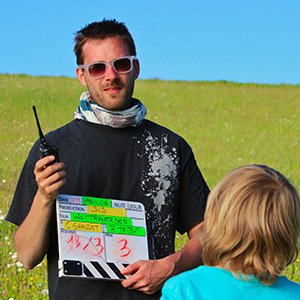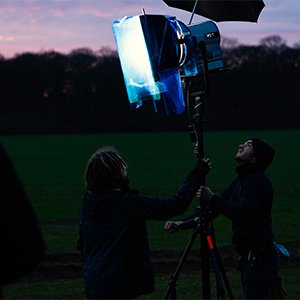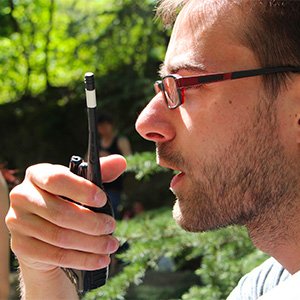We collect certain information by means of log files and cookies. This mainly concerns the following information:
- IP adress
- Operating system
- Pages visited and requests
- Time and day of connection
The use of such files allows us:
- Improved service and personalized welcome
- Statistics
If you leave a comment on our site, you will be offered to save your name, email address and website in cookies. This is only for your convenience so that you do not have to enter this information if you post another comment later. These cookies expire after one year.
If you have an account and you log into this site, a temporary cookie will be created to determine whether your browser accepts cookies. It does not contain any personal data and will be deleted automatically when you close your browser.
When you log in, we will set up a number of cookies to save your login information and screen preferences. The lifespan of a login cookie is two days, that of a screen option cookie is one year. If you check “Remember me”, your connection cookie will be kept for two weeks. If you log out of your account, the login cookie will be deleted.
By modifying or publishing an article, an additional cookie will be saved in your browser. This cookie does not include any personal data. It simply indicates the ID of the item you just edited. It expires after a day.
The use of cookies is very frequent on the Internet. However, you have the option of objecting to their use at any time by configuring the preferences of the computer browser so as to no longer accept cookies.
For Mozilla Firefox:
- Choose the “Tool” menu then “Options”
- Click on the “privacy” icon
- Locate the “cookie” menu and select the options that suit you
For Microsoft Internet Explorer:
- Choose the “Tools” menu then “Internet Options”
- Click on the “privacy” icon
- Select the desired level using the cursor.
For Opéra 6.0 and others:
- Choose the “File” menu then “Preferences”
- Private life
However, if you decline the use or disable cookies, you may no longer be able to access certain parts of the Site or use some of the Services.





































